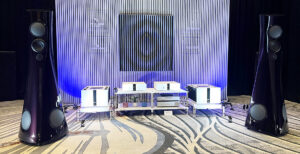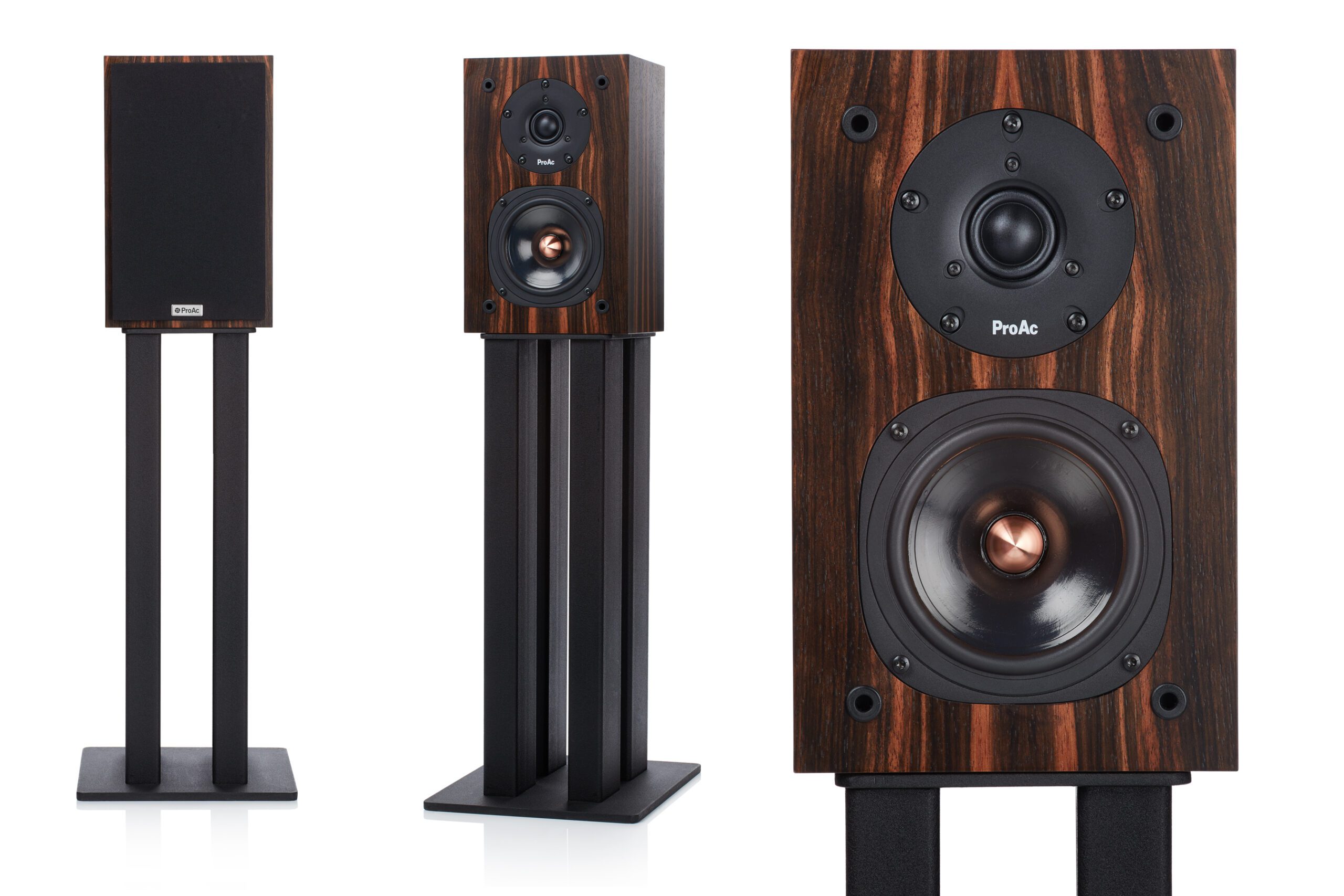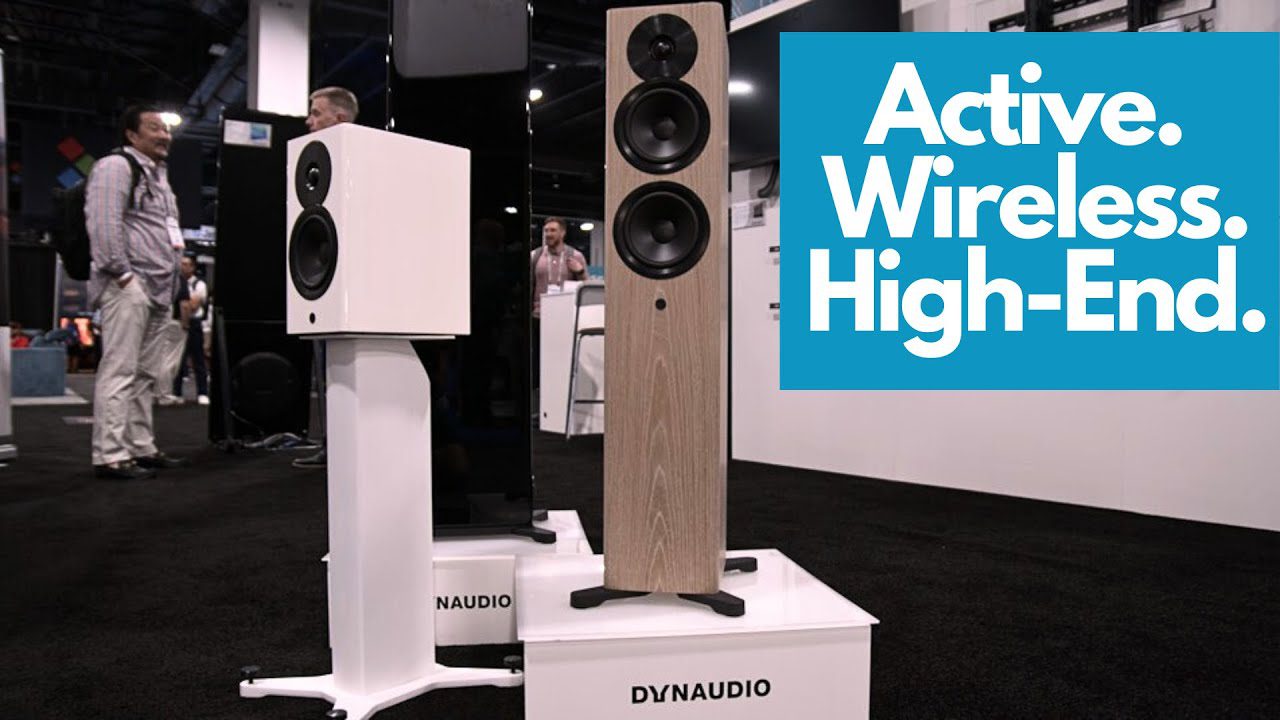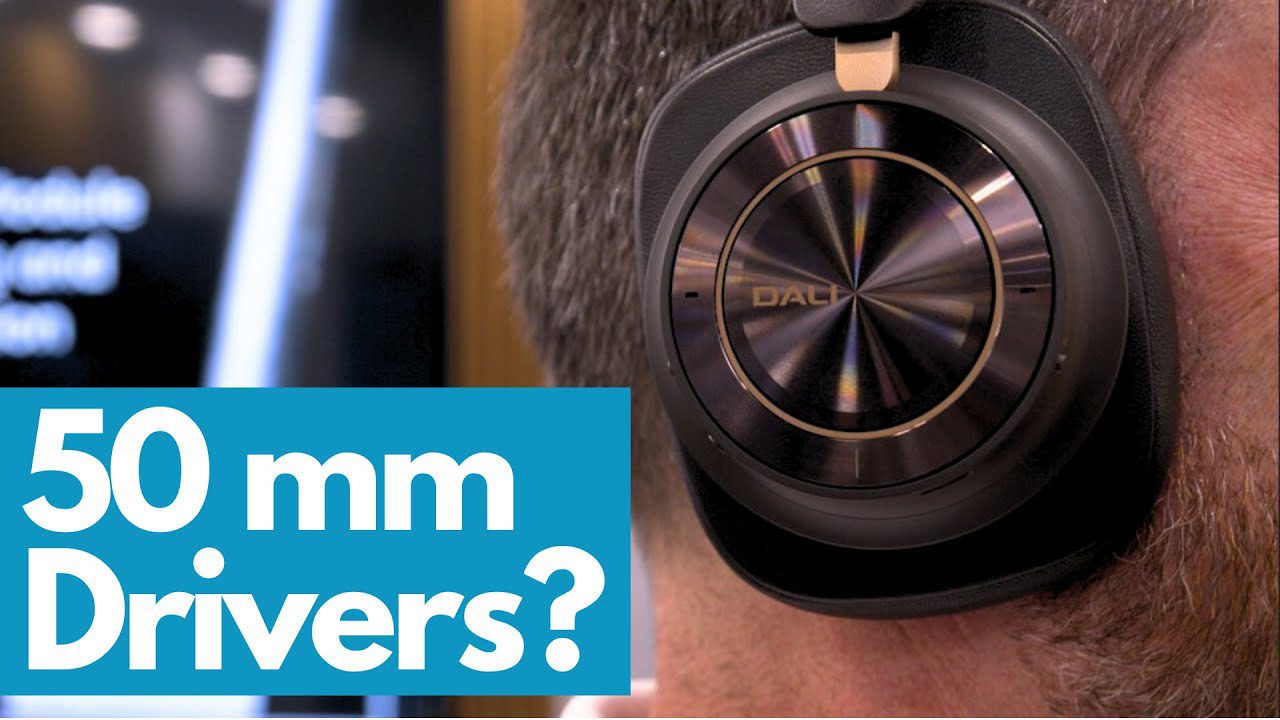
Way back in May this year, the blossoming MQA format took a step closer to mainstream acceptance as Warner Music Group and MQA entered a long-term licensing agreement. As the ink on this deal was still drying, we spoke to Bob Stuart (developer of MQA and Meridian Audio co‑founder, pictured above left) and Morten Lindberg (producer and founder of 2L records, pictured above right) on the format, and its significance for music lovers, in addition to its effect on the audio and music industries.
AS: How well has MQA been received within the audio engineering community?
BS: We’ve had some detractors, but frankly where we sit, we’ve been actually rather pleased how few. We’ve come in with an inconvenient truth – digital audio hasn’t been done right – so we thought the community might attack us. And one person put up a long blog about MQA that was just inaccurate, but blocked all our replies. As we say in England, “That’s not cricket!”
On the hardware side though, we were astonished at how many people said, “Well, we knew there was a problem. It’s great that somebody has fixed it. Let’s get on with it!” Chip companies and hardware makers are really overwhelmingly interested in implementing MQA: more than we can cope with, in fact.
On the music side too, it’s been straightforward.
AS: Straightforward how?
BS: It’s been really exciting in the studios. 2L is a bit special in the recording world. Morten plans the project, funds the project, does the recording, mixing, and mastering, the issuing, and the marketing. That’s why he was so fast in deciding to adopt MQA; he only had to meet with himself!
ML: You make it sound like I’m a very lonely person (laughs)! We’re a small company – we’re only three people employed full time – but somehow I’m involved in all the stages. That makes us more mobile and agile, but also more fragile!
BS: Compare this with some of the bigger labels. The guy operating Pro Tools might not know the person who made the recording at all. It’s a much more fragmented process.
It doesn’t mean they don’t do a good job, but they have to mix music for MP3. They have to make a track less dynamic, make a recording that doesn’t stress out the whole CODEC. You have to think “oh dear… that’s dumbed down!” We hope to change this, because this isn’t a CODEC; it’s a movement, a philosophy.

AS: How does MQA relate to more traditional mastering?
ML: What MQA does is not like what you typically do in mastering, where you work with EQ and reverb and all that ‘big stuff’. Instead, you are dealing with the small stuff, but the emotional impact of those factors is huge, even though the differences are small. It’s the same thing that when we drill down to the microsecond level in terms of shifting things back and forth; it’s not a frontal-lobe analysis going on! You are on the instinctive level of perception.
I’ve had some difficult discussions about this with other engineers, who can only think in terms of EQ and frequency response. We only pick the one component – the frequency domain – as if music is like a camera flash. No one talks about music in terms of time, perhaps because it’s quite difficult to understand. So, rather than deal with time, we stay away from it and we talk about reproducing higher sampling frequencies.
AS: How did we get in this musical bad place?
BS: Nobody asked for worse sound! Think about vinyl records; they were probably one of the pinnacles of the music industry, but they only had to make one thing, and people could decide how to play it back at their leisure. Whereas now they are making these pre-dumbed down recordings of their own choosing, and it doesn’t make any sense. The executives understand all this, but it all ended up here by mistake because of piracy. Read How Music Got Free by Stephen Witt on this; it’s absolutely fascinating, because it’s the story of how MP3 powered piracy and dismantled the whole music business.
AS: That sounds as if there’s a lot of inertia in the recording industry
ML: We’ve been quite stubborn in the music business. Actually, the whole business reached a point where we started to produce for available quality of delivery. We have a long history of making the wrong choices (such as aesthetic decisions on loudness) and we actually started to reach a level where music was produced from the ground up for the MP3 level of distribution, rather than coming from above.
There are also regional differences, the US being most driven by its commercial mechanisms. The top producers will always keep their quality high, but in the mass-production market in the US there is such a short timespan between expenses and income, and with mechanisms that have been in place for at least the last five years, that is very directly affecting how much time and how many resources are spent on the average release.
We are at a very critical point in the music business and that’s why in my opinion the whole MQA cycle coming along now is so important. It’s an opportunity for engineers and producers to raise our bar again.
AS: Why is the Warner Music Group deal so important for MQA?
BS: The key to getting this right is the content, because once there’s a flow of content, it has its own momentum.
People have already put a lot of energy into this, especially in the music labels, and the recording engineers. And particularly in the Japanese market, which I think is very interesting, because it’s still 80% physical, and people still pay for their music. That’s quite unusual today. There’s a great interest in high resolution, too, so it has all the combinations that make it good for MQA.
ML: And there is a pretty high respect for copyright and intellectual property in Japan: more so than in quite a lot of other countries we work with.

AS: How do you try to protect that copyright?
BS: Clearly there will be people who say, “We’ll rip it off, we’ll steal it, and we’ll make our own MQA”. And at one point maybe someone will try, but if all the music is available in MQA then we’ve done our job: we’ve bought it out with integrity to the end user and we can stream it!
AS: Is MQA the solution to a problem that the end user doesn’t know exists?
BS: We’ve seen some data that shows people know they are listening to low quality and when they listen to higher quality sound, they definitely enjoy it! Data from streaming sites shows people will stay longer with a song if its higher quality. We’ve had two generations of people who don’t know sound can be any better. The biggest problem to resolve is people think recorded music and live music are completely different in this respect. And that’s the conundrum.
It doesn’t help the dissolution of the album, but if we can say this is how the artist intended that’s a start. We’ve noticed that when we play people MQA they smile and, on our road show, listening tests often devolve into people just listening and enjoying music.
AS: You rejected the idea of subjecting MQA to A-B testing. Why?
ML: There is one major flaw to A-B tests, and that is the whole setting (which is unavoidable). It makes it a ‘seek and ye shall find’ situation, and that means your listening mode is ‘pushed’ into trying to be analytical, but very few have the linguistic craftsmanship to define music analytically.
Bob and I started working together on this about 18 months ago. It was the ‘origami’ part of MQA that caught my attention, but there were no tools available as a commercial studio at that time – it was all in Bob’s laptop or Bob’s head. Bob provided me with a prototype MQA decoding DAC, I prepared my masters, and sent the files to Bob. He would return three or four different versions, which I would listen to.
I didn’t have a clue what Bob had done – so I tried to describe the sound with emotional words, not engineering words. We don’t have that vocabulary. That’s how I tried to listen to the final result; not with my analytical brain, but instead relying on how it makes me feel.
And that brings me back to the A-B test. That’s why I feel A-B tests don’t work properly, because they don’t allow you to lean back and actually experience what’s happening to you while you listen.
BS: We didn’t want to do public A-B tests, because they are completely uncontrolled. You know what it’s like – you put three audiophiles in a room and you get nine opinions. In fact, we do A-B tests all the time, with people who understand the context. So, for example, whenever we were with someone who had made the recording, we’d do the A-B test on the spot.
But ultimately, we didn’t want the discussion to devolve to A-B testing, when in fact it was about bringing the sound from the studio.
AS: MQA doesn’t call on a resolution ‘numbers game’. Why not?
BS: We went into this thinking, “Actually, those numbers don’t matter!” Fundamentally, high resolution is an analogue concept. Frequency and time are differently connected, and it’s been a problem because that’s where discussion stopped. Instead, the typical argument goes “it sounds better if it’s recorded at 192kHz, but music doesn’t have 96kHz in it” – it’s true, but not the point, because the numbers don’t matter at all.
Tags: FEATURED
By Alan Sircom
More articles from this authorRead Next From Blog
See all
AXPONA 2024 Show Report Part One
- Apr 19, 2024

Audio Show Deluxe 2024: A photo show report
- Mar 28, 2024

Paul Messenger 1949-2024: A personal tribute
- Mar 26, 2024

Bristol Hi-Fi Show 2024: See You There!
- Feb 21, 2024










